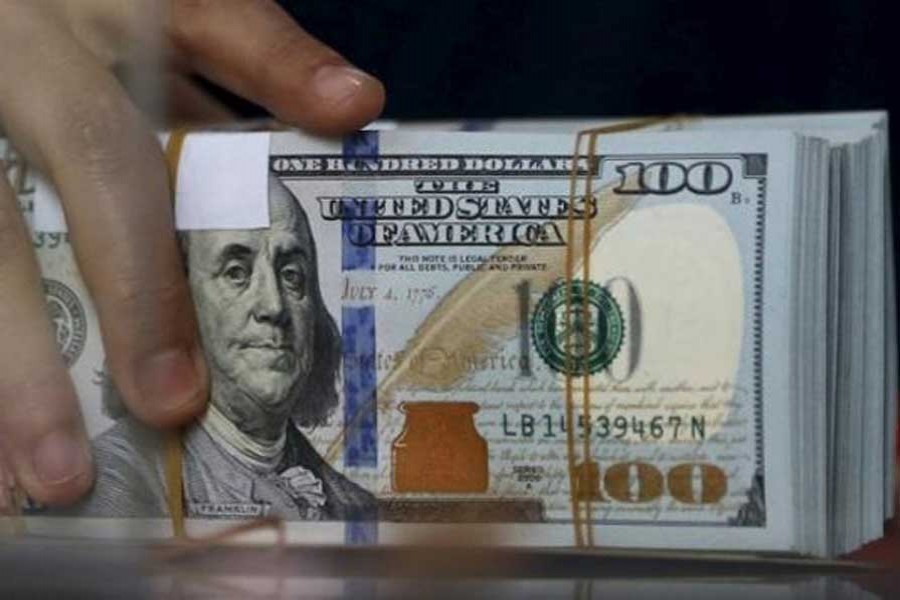Finance Minister AHM Mustafa Kamal expressed doubt over the patriotism of people who talks otherwise about higher remittance inflow and its continuation.
"I am in doubt whether those, who oppose it (remittance growth) and say otherwise, love the country or not," he said.
The minister's response came when his attention was drawn over a comment made by leading economist Dr Debapriya Bhattacharya who on Sunday said the magic of remittance may come to an end.
The distinguished fellow of the Centre for Policy Dialogue (CPD) had said in July remittance inflow fell by 28 per cent compared to the same month of previous fiscal year thus the magic shown by remittance during the last couple of years may ends soon.
Briefing newsmen on Wednesday after two cabinet committee meetings held virtually, Mr Kamal said remittance was not a magic, if it was a magic there was a possibility of its conclusion.
Since it is not a magic, it would not end ever and will continue, he said.
"When we started to pay incentives back in 2019, a vested quarter had taken stand against it. They were talking that providing incentives would not help its increase," said the minister.
He said when remittance inflow started increasing they said the growth is for the time being, not sustainable and will end at any time.
Referring to statistics he said before the government started providing incentives in 2019, the country had been receiving US$13.1 billion each year as remittance.
But since starting to pay 2.0 per cent incentives to remitters, the country in the first year received $18.2 billion and in the following year the figure went up to $24.78 billion.
"Its unbelievable…" said Mr Kamal.
Now the vested quarters are saying that the inflow of such a big amount of remittance each year was not usual. "They want a moderate growth."
The minister further said in the first nine days of the current month some $567 million came as remittance, compared to $450 million in same period last fiscal year reflects a trend of significant growth.
Replying to another query, Mr Kamal said the government will consider revision of the growth target of gross domestic product (GDP) for the current fiscal year if disruption of economic activities is seen in the days to come.
But, he said, at this moment he thinks that projected GDP growth is attainable. In fiscal year 2019-20 Bangladesh attained 3.51 per cent GDP growth against the government's estimation of 5.24 per cent.
He said the country passed a very unusual time of a significant period of that fiscal year due to the pandemic which disrupted businesses and livelihoods. Not only Bangladesh, the entire world also passed through same complications.
"Despite that we achieved 3.51 per cent growth that is highest compared to the same of other countries in Asia," the minister said and added all the neighbours of Bangladesh had negative growth that year.
He said Indian economy shrunk by 7.9 per cent, Indonesia by 2.1 per cent, Malaysia by 5.6 per cent, Nepal 1.99 per cent, Pakistan by 0.4 per cent, Philippines 9.5 per cent, Sri Lanka 3.6 per cent, and Thailand 6.1 per cent that year.
Only Vietnam had a growth by 2.9 per cent, he said adding, "Compared to any in Asia, our position was top of others considering all."
The cabinet committee on government purchase, chaired by the finance minister, at the meeting approved procurement of 60 million doses of coronavirus vaccines from Chinese company Sinopharm under direct purchase method.
While briefing newsmen after the meeting, Mr Kamal, did not disclose their price, but said this price is similar to the previous one. These jabs are expected to reach Bangladesh by November. The committee also approved nine other proposals.


